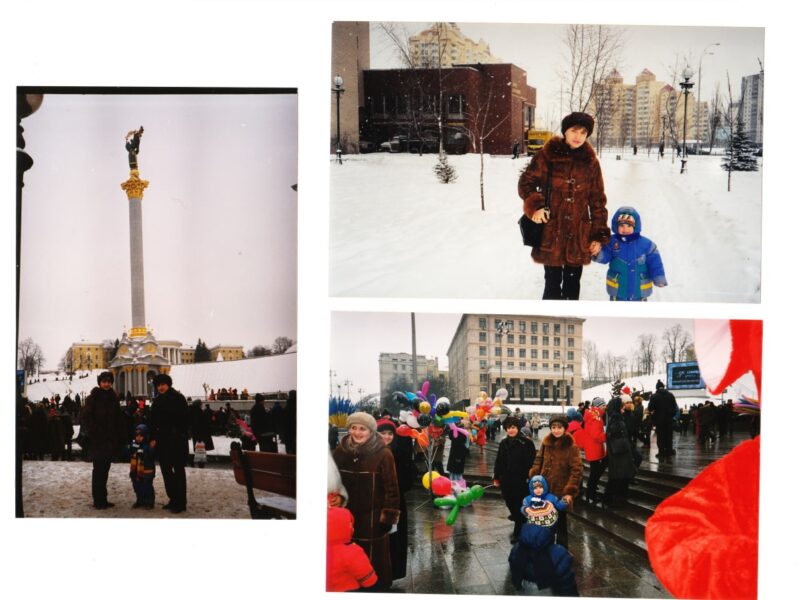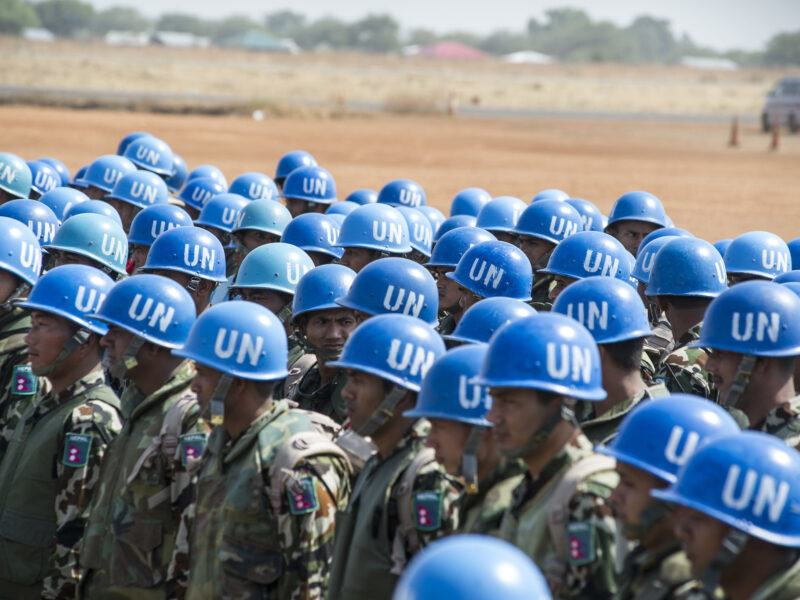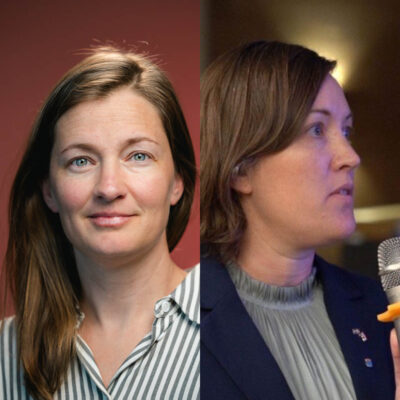Entitlement to equal and fair governance
Growing up in a post-soviet environment, you see how lengthy and cumbersome service delivery is when you deal with government authorities. You see that mechanisms for appeal are hardly a threat to bureaucracies. And you tolerate it, because the demand for accountability is typically low and it’s not like your rights and entitlement to fair and responsible administrations are spelled out to you in post-soviet schools either. At least that wasn’t the case in my school. ‘’A low commitment to providing quality public services is one of the main characteristics of the most inequitable countries in the world’’ as the newly issued World Development Report 2017 neatly phrases it.
If we look at the evidence from Ukraine, where assessments on administrative service delivery were run in several cities throughout the country in the framework of the FBA’s project on the rule of law and local governance, we see how reluctantly people respond to questions specifically related to corruption and ethics. In some cases over 50 percent of the respondents have refrained from answering. Many reasons for that, but a shaken sense of entitlement can certainly be one of them.
The situation varies across the country and while you can benefit from fairly expedient services in more developed and innovation-driven cities such as Ivano-Frankivsk in the west and Kharkiv in eastern Ukraine, you would still expect more transparent procedures, better communication channels with local authorities and more effective appeal mechanisms.
Access to services is much worse in the war affected areas however. Here retaining your property and housing rights for example has become a struggle. Applications submitted by internally displaced persons to the European Court of Human Rights reportedly often result in non-admissible cases. Particularly obscure procedures are imposed on people claiming basic services such as getting birth and death certificates. So what are you entitled to really when the normality of war is taking over?
It is telling that studies taking a micropolitical approach on conflict analysis reveal that people tend to carry on with their lives during war, whereby ‘’common crimes will often continue, people will get married, children will be born, couples will divorce and people will die’’. With plenty of narratives describing everyday life in eastern Ukraine however, among the strongest fears of around 800 000 people residing in the most war-affected areas is being ‘’forgotten by authorities, but also by the international community’’.
Yet, forgotten they may be, should the draft law “On the Temporarily Occupied Territory of Ukraine” be adopted in its current shape. The draft law has alarmed civil society and international partners due to potential negative effects, among others on humanitarian assistance and failure to guarantee basic rights and legal protection of citizens residing in the non-government controlled areas. Ensuring fundamental rights and access to fair services should remain the government’s priority and in line with the interests of the state.
FBA has been supporting Ukrainian partners in promoting rights based service delivery for over two years now. We work with both local and national authorities and as of recently we are part of the working group on civil-military administrations in eastern Ukraine of the Parliamentary Committee on State-Building, Regional Policy, and Local Self-Government. Strengthening the respect for rule of law principles in local governance across the country remains critical. This might strongly depend, however, on the actual demand for accountability and the sense of entitlement people have for more just interactions with the state.
av Ludmila Ceban








